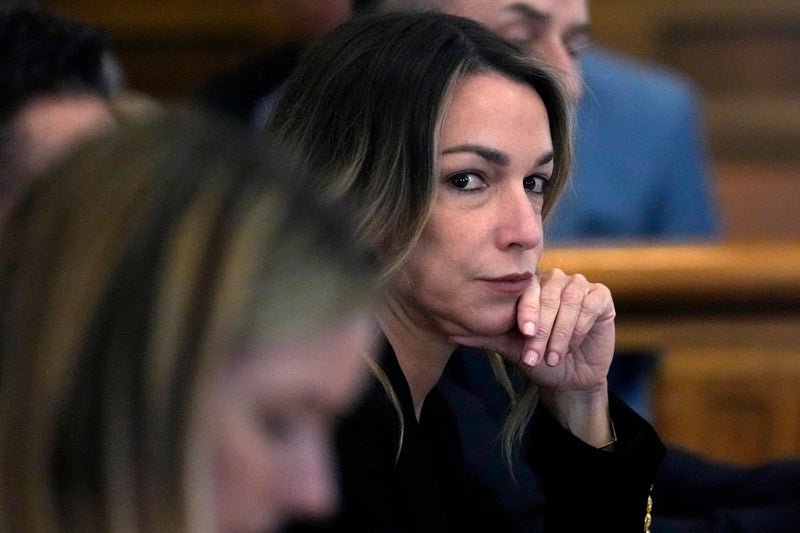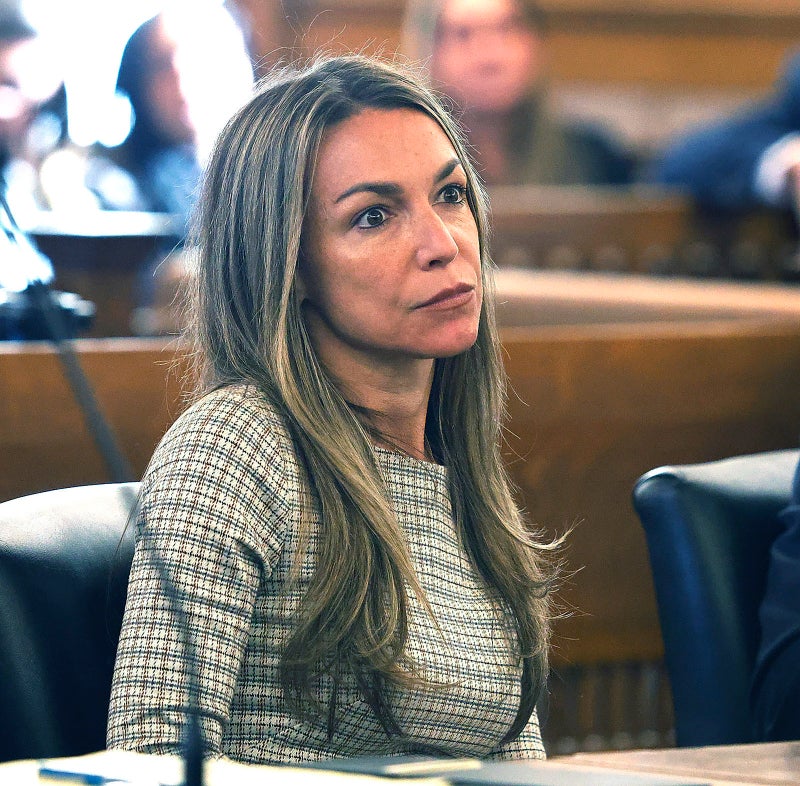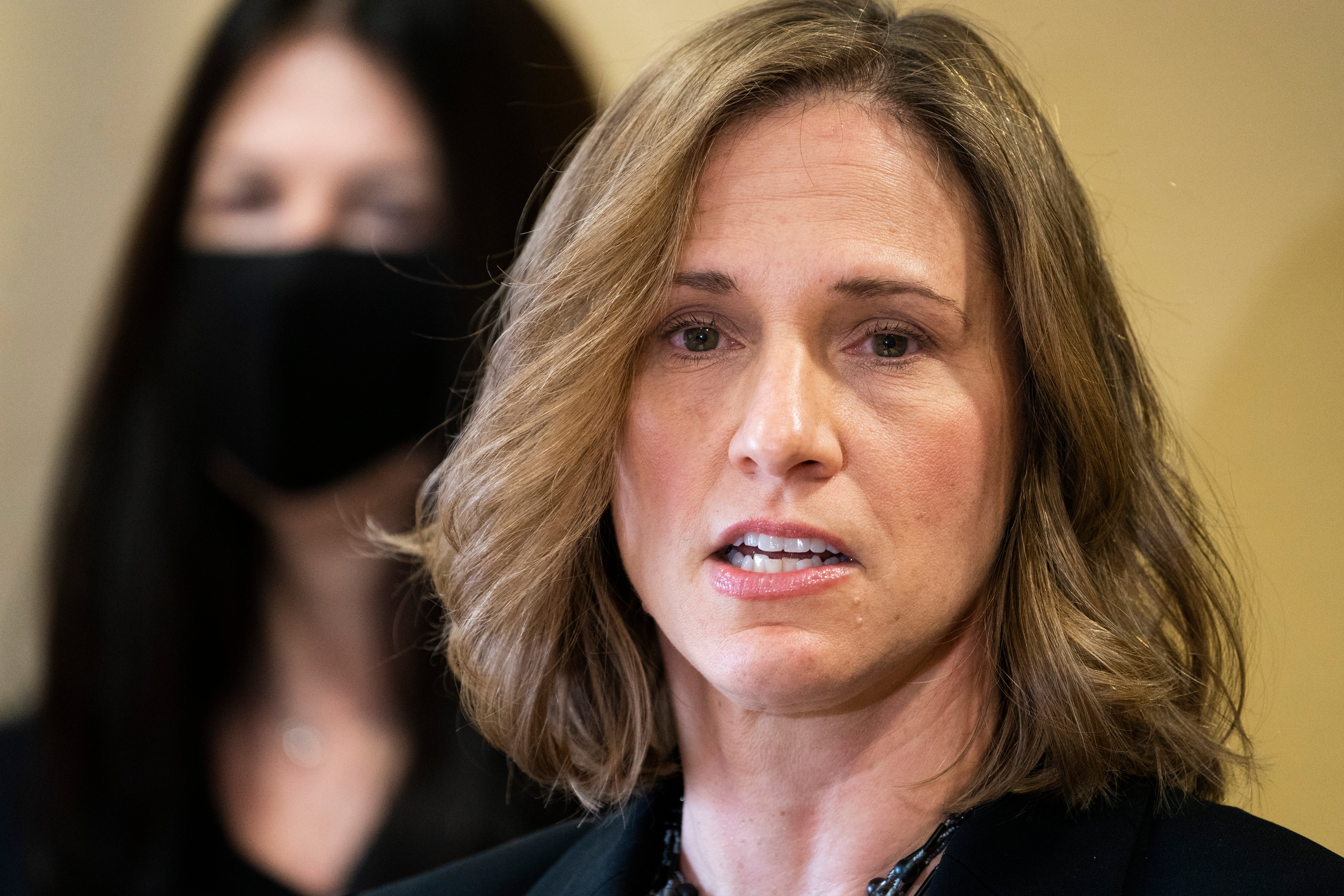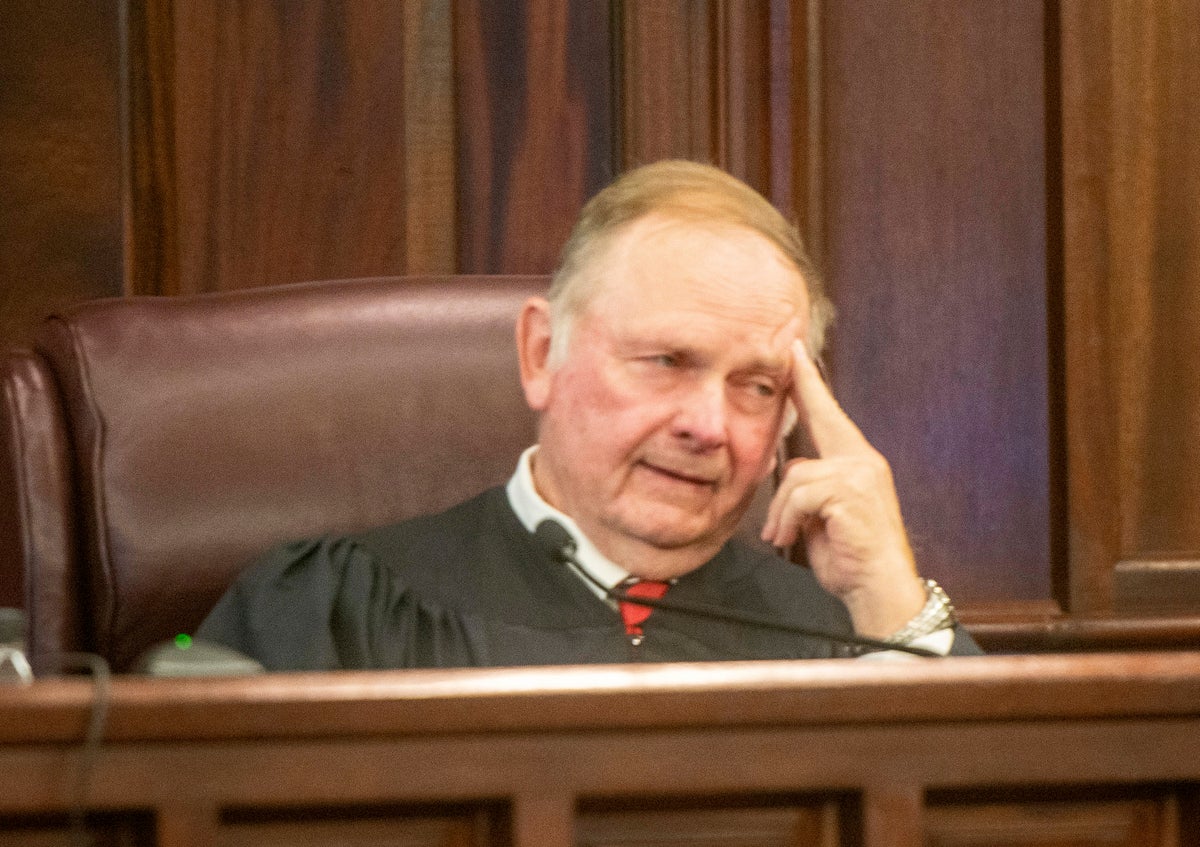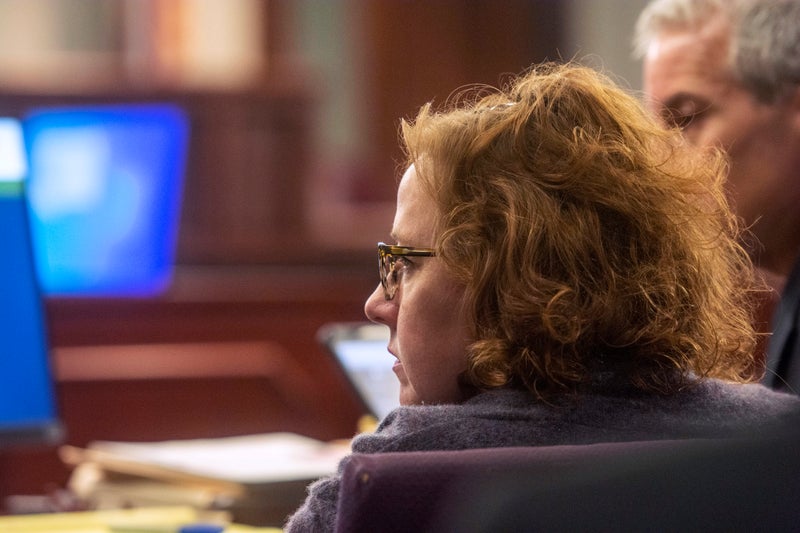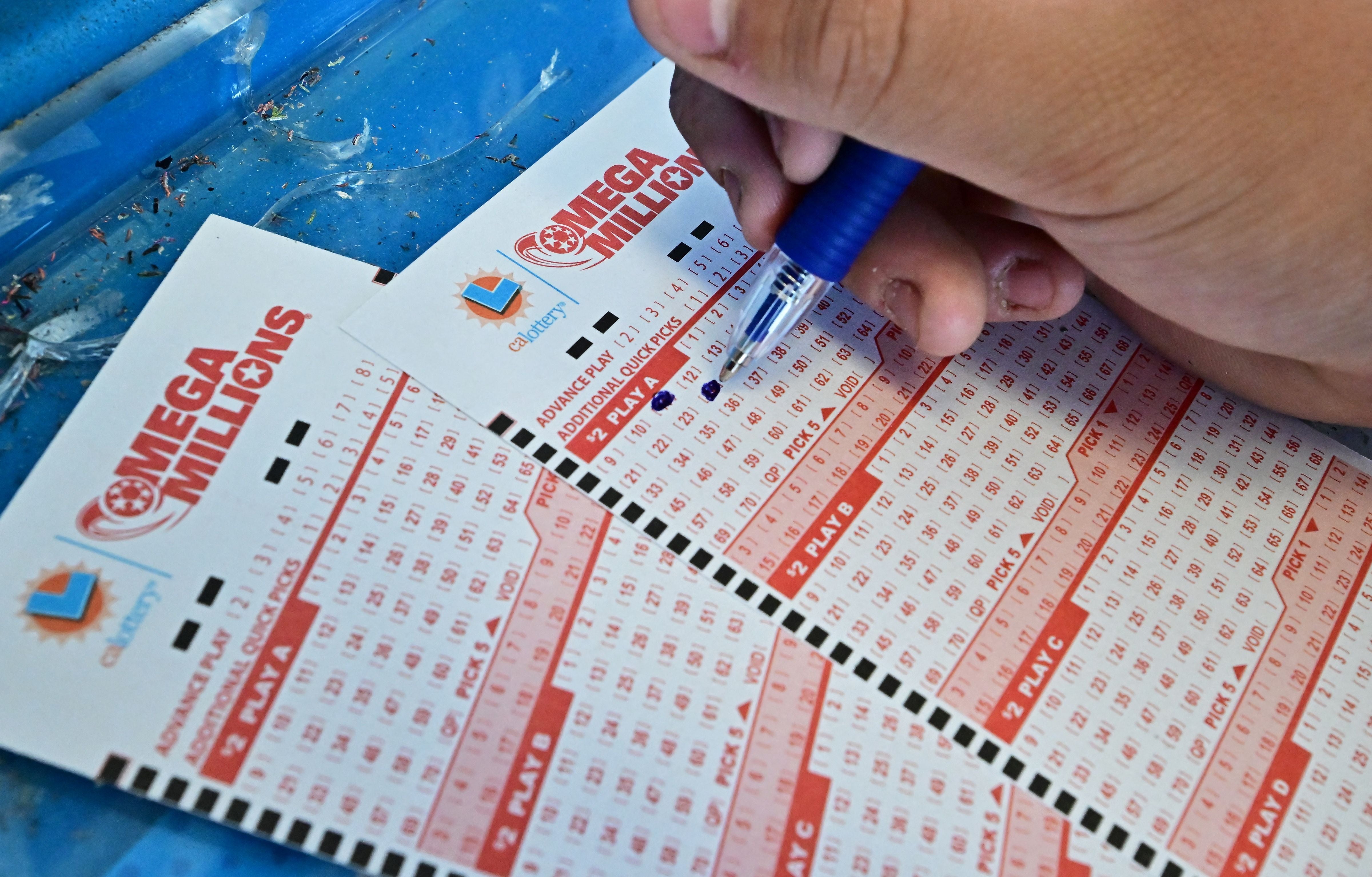Her second criminal trial is set to begin in April. Tuesday’s ruling clears the way for Read to be retried on all three counts. Her second criminal trial is scheduled to start on April 1. The 44-year-old is accused of ramming into John O’Keefe with her SUV and leaving him to die in a snowstorm in January 2022. Read’s attorneys argued she was being framed and that other law enforcement officers are responsible for O’Keefe’s death.
When arguing to drop two of the three charges, her attorneys said that some of the jurors post-trial expressed they would have voted to acquit her on the two charges in question. But the Supreme Court Judicial Court of Massachusetts disagreed with that reasoning, writing: "In sum, we conclude that the trial judge acted within her discretion in declaring a mistrial without first inquiring about a partial verdict or offering defense counsel an additional opportunity to be heard.”.
The court continued: "Considering the length of jury deliberations, the judge's prior efforts to encourage consensus, and the increasingly emphatic tone of the jury notes indicating deadlock, it was clear the jury had reached an impasse.". Additionally, it didn’t appear the jurors were deadlocked on one specific charge, but on all charges, the court said in its ruling. Read’s appeal raised the question: “Can posttrial accounts of jurors’ private deliberations that are inconsistent with their public communications in court render the declaration of a mistrial improper, or constitute an acquittal, where the jury did not announce or record a verdict in open court?” the judges wrote. They believed it cannot.
“The jury clearly stated during deliberations that they had not reached a unanimous verdict on any of the charges and could not do so. Only after being discharged did some individual jurors communicate a different supposed outcome, contradicting their prior notes,” the court wrote. “Such posttrial disclosures cannot retroactively alter the trial’s outcome — either to acquit or to convict.”.
